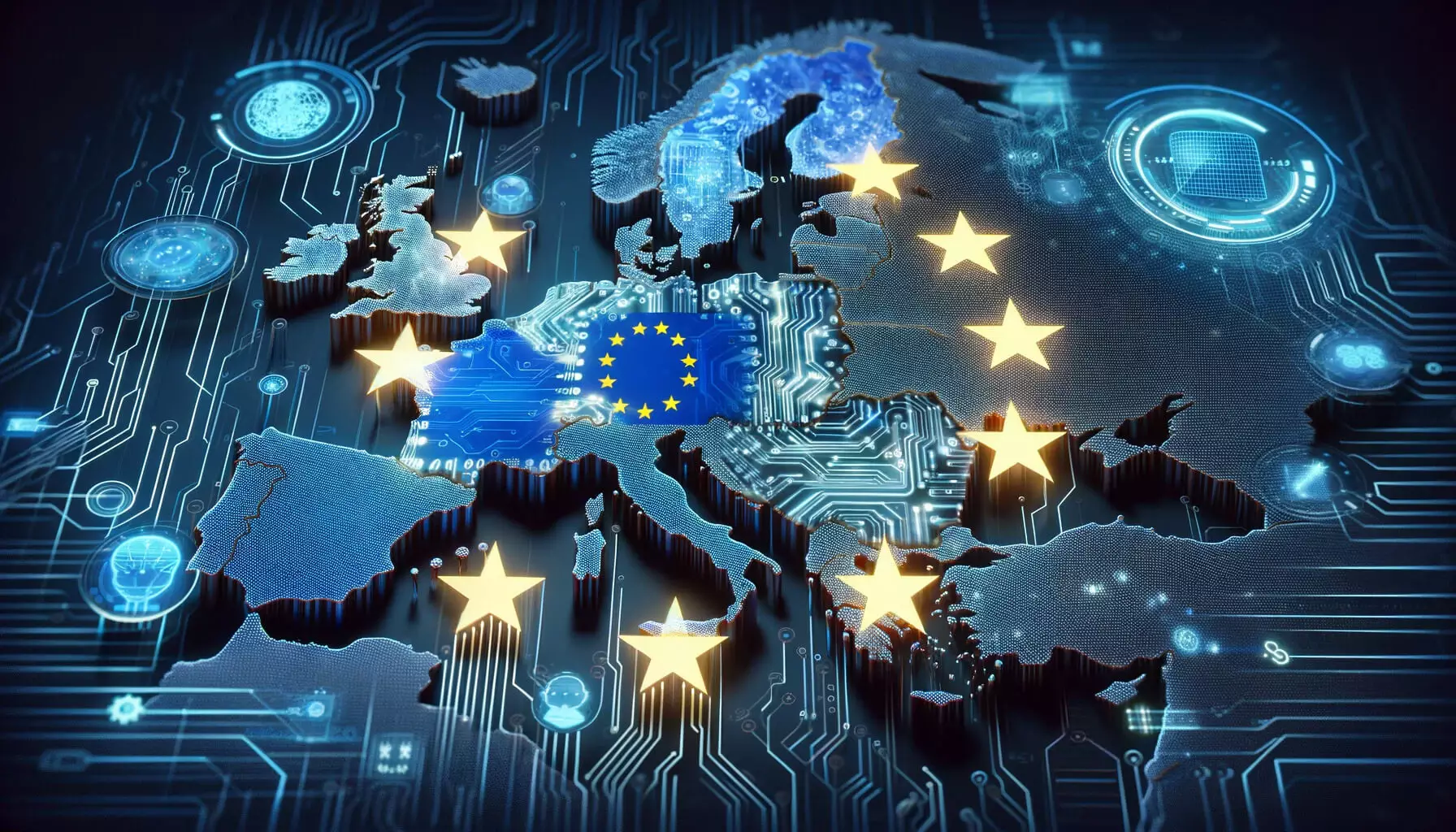The European Union (EU) has taken a significant step forward in regulating artificial intelligence (AI), with the announcement of a groundbreaking agreement between the European Council and the European Parliament. This agreement is set to become the world’s first comprehensive regulation of AI, and it has been hailed as a historical achievement by Carme Artigas, the Spanish Secretary of State for digitalization and AI. This article delves into the key aspects of the agreement and its implications for the future of AI regulation in the EU and beyond.
The draft legislation, known as the Artificial Intelligence Act, was initially proposed by the European Commission in April 2021. It is built upon a risk-based approach, meaning that the level of regulation imposed on AI systems will depend on the risk they pose. Under the act, AI systems will be classified as either high-risk or low-risk. Low-risk systems will only be subject to minimal transparency obligations, such as disclosing that their content is AI-generated. In contrast, high-risk systems will be subject to more stringent requirements and obligations.
One of the key provisions of the AI Act is the requirement for human oversight of high-risk AI systems. This human-centered approach emphasizes the importance of clear and effective mechanisms for human monitoring and supervision of AI systems. Human overseers will be responsible for ensuring that the systems function as intended, addressing potential harms and unintended consequences, and ultimately taking accountability for their decisions and actions.
Transparency is another crucial aspect addressed by the AI Act. Developers of high-risk AI systems must provide clear and accessible information about how their systems make decisions. This includes details on the underlying algorithms, training data, and potential biases that may influence the system’s outputs. By demystifying the inner workings of AI systems, the aim is to build trust and ensure accountability.
The AI Act highlights responsible data practices as a fundamental aspect of AI regulation. Developers of high-risk AI systems must ensure that the data used to train and operate these systems is accurate, complete, and representative. Data minimization principles are crucial, collecting only the necessary information and minimizing the risk of misuse or breaches. The act also grants individuals clear rights to access, rectify, and erase their data used in AI systems, empowering them to have control over their information and ensure its ethical use.
Proactive risk management is another key requirement outlined in the AI Act. Developers must implement robust frameworks for identifying and mitigating potential harms, vulnerabilities, and unintended consequences of their AI systems. The act even includes an outright ban on the use of certain high-risk AI systems deemed to have “unacceptable” risks. For example, the act prohibits the use of facial recognition AI in public areas, with limited exceptions for law enforcement purposes. It also bans the use of AI systems that manipulate human behavior, employ social scoring systems, or exploit vulnerable groups.
The AI Act also introduces penalties for companies that fail to comply with the regulations. Violating the laws on banned AI applications can result in a penalty of 7% of the company’s global revenue, while violations of obligations and requirements can lead to fines of 3% of global revenue. These penalties aim to ensure that companies take the regulations seriously and prioritize ethical practices in their AI systems.
In a bid to foster innovation, the AI Act allows for the testing of innovative AI systems in real-world conditions, as long as appropriate safeguards are in place. This provision acknowledges that innovation is crucial for the development of AI technologies but emphasizes the need for responsible experimentation and risk management.
While the EU has taken the lead in regulating AI, other countries, including the United States, the United Kingdom, and Japan, are also working towards implementing their own AI legislation. The EU’s AI Act could potentially serve as a global standard for countries seeking to regulate AI, providing a framework that balances the promotion of innovation with the protection of fundamental rights and values.
The EU’s achievement in reaching a provisional agreement on the regulation of AI is indeed significant. The AI Act, with its risk-based approach, emphasis on human oversight and transparency, responsible data governance, and proactive risk management, sets an important precedent for AI regulation worldwide. As AI continues to advance and permeate various aspects of society, it is crucial to establish regulations that promote its safe and ethical use while fostering innovation. The EU’s proactive stance on AI regulation is a step in the right direction, signaling the growing recognition of the need for comprehensive and forward-thinking approaches to AI governance.


Leave a Reply